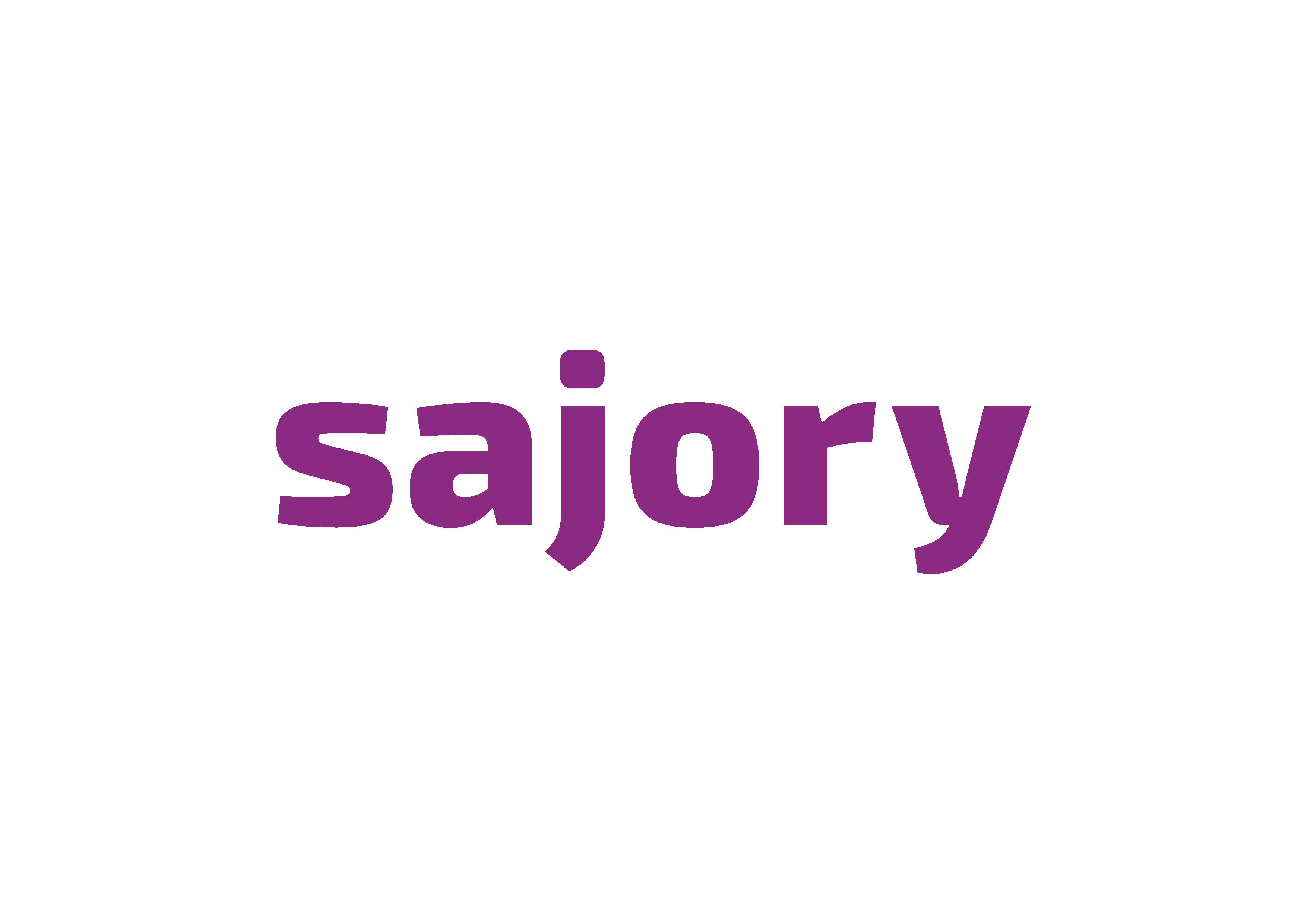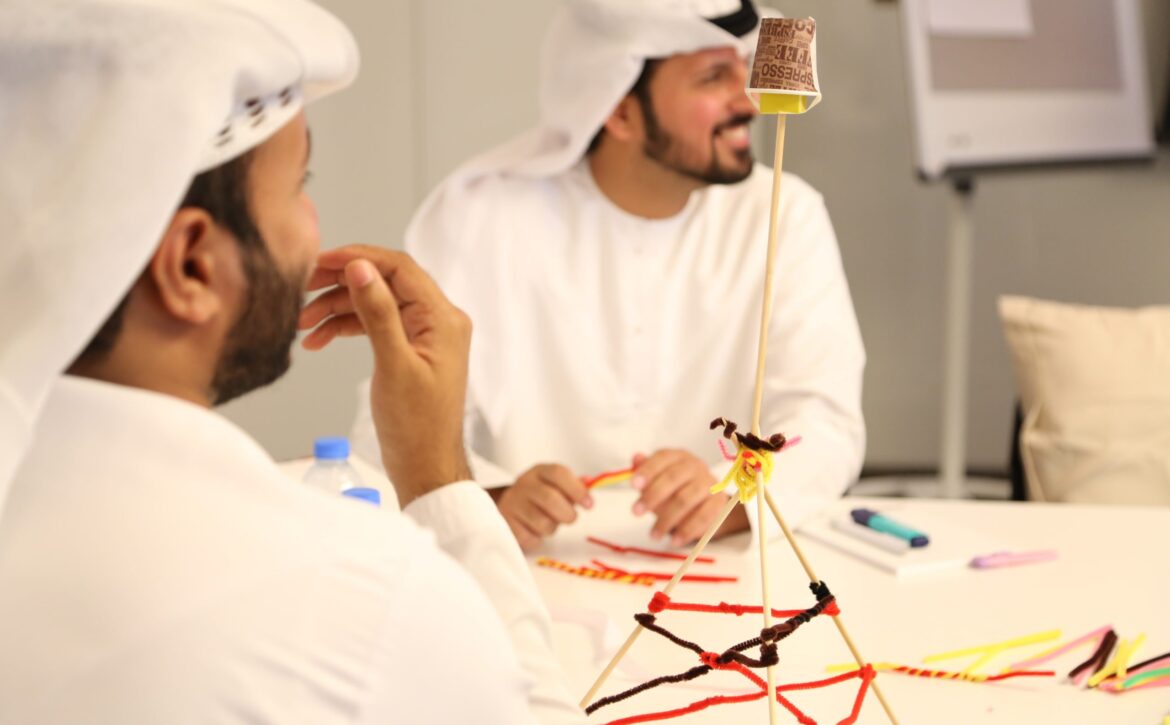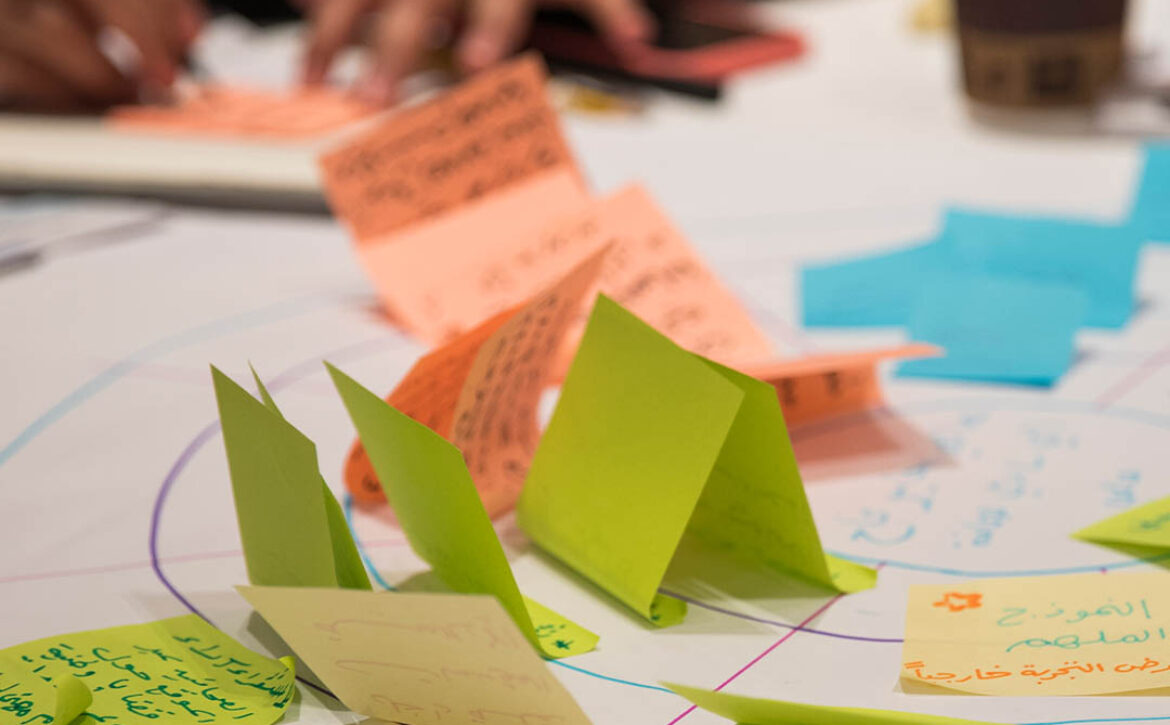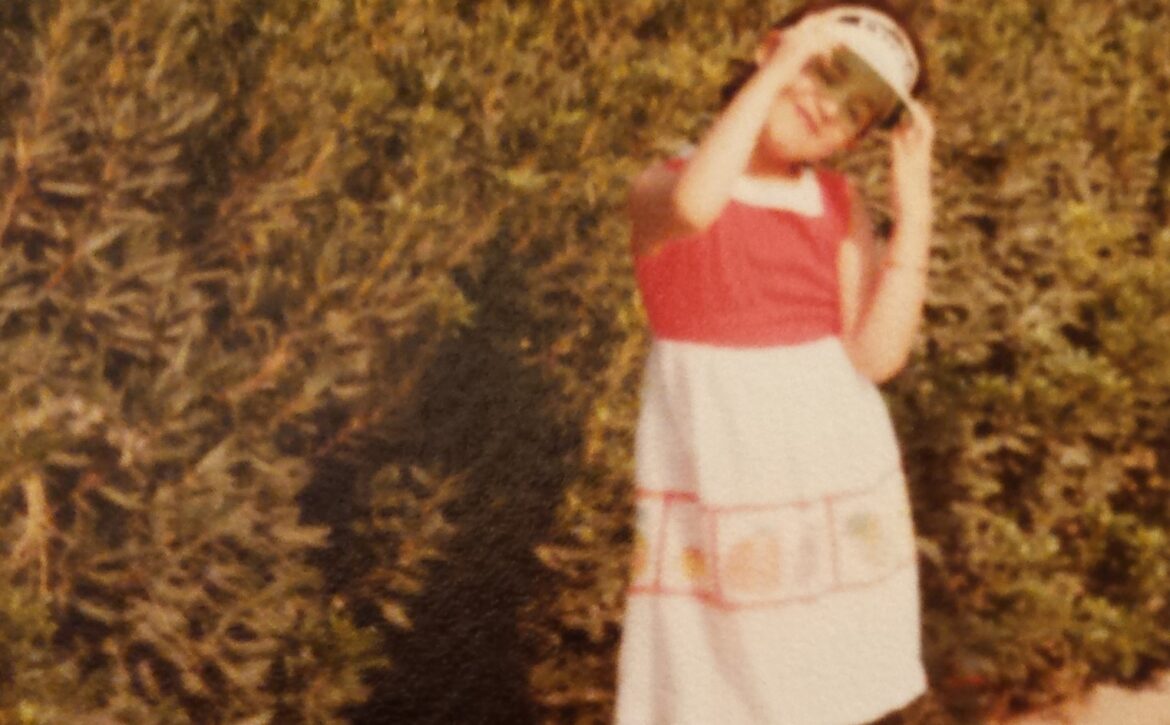Which situation do you feel more excited to be in:
When you generate alternatives, gather ideas, imagine solutions and experiment with concepts?
Or when you chose from options, structure processes, reflect and make decisions?
Your split second of a preference can tell you a lot about why you prefer certain situations from others.
It’s not about the whole project you’re involved in, it’s about the phases of that project that you excel in.
Generative way of thinking
Some people find thrill in generating options; off the wall ideas, random suggestions, or connecting unrelated things. They are good at finding varied solutions, researching, gathering intel, asking questions and seeing the big picture. The generative side of them lives on the dopamine level in their brain. They are sometimes oblivious of their distracting effect on others. They don’t see they can get too abstract, too impatient, too overloading with information or even too flexible to stick to one idea. Being called creative with lots of ideas has its disadvantages that go unnoticed sometimes.
Selective way of thinking
On the other side of the spectrum, there are people who excel at converging ideas. Highly skilled at being selective, they can plan an entire process for the project with all exuberant details before breakfast. In fact, they might be living off their testosterone when picking the solution to their challenge, most likely one that they know too well how to get it done. They don’t need many options to evaluate the solution they are executing knowing that at the end of the day, they deliver.
Often they don’t see how their approach makes no room for imaginative ideas to breathe. They don’t see themselves pushing others to follow their way only, even when an alternative is a promising option. Being picky and highly selective has its disadvantages that go unnoticed sometimes.
Most of us fall into one of those two. On different days, at different times.
There’s no right or wrong.
It’s just is.
If you know where you fit, what’s your strong points and where do you show weakness (especially weakness that is not visible to you), you’ll be able to express your super powers joined by others who compliment you perfectly. As long as you listen to them and trust their advice, there’s no stopping you. You’re on your road to greatness.
Cheers,
Randah
P.S. Did you clear your calendar for our free webinar on facilitating innovation in the workplace? Happening this week.




